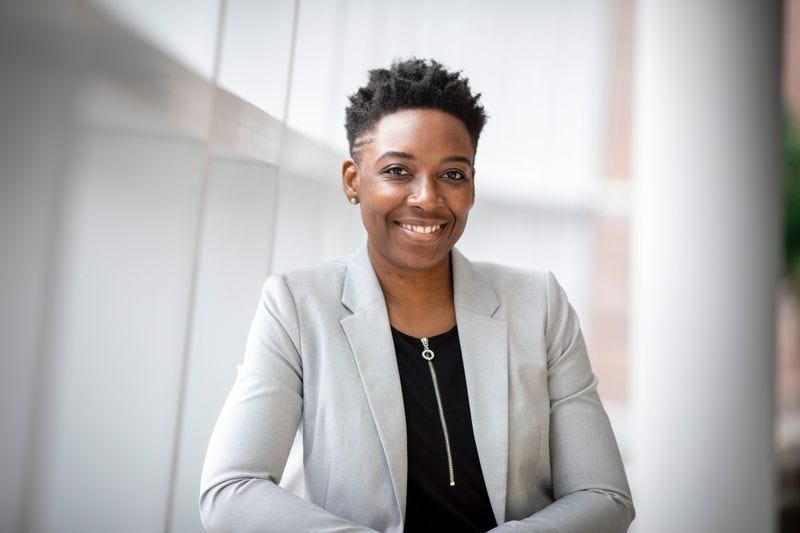Yesterday, two people used the wrong pronouns at work for me in written messages. Instead of saying “Let Rey know when your work is finished, so they can start the next step,” one message said “...she can start the next step.” This isn’t unusual. For example, the last time I went to the dentist, the misgendering started with the security guard calling out to me, “excuse me ma’am, you can’t park here,” continued with the dentist and her assistant discussing me with their tools in my mouth, and finished with a nice little review in my head of all the “she’s” and “her’s” as I was driving home.

Being misgendered bothers me. It lets me know the world reads me as a woman when that idea clashes with who I am. But you know what bothers me even more? Having to call someone out for using the wrong pronoun. I don’t want to hear people being defensive, apologizing, ignoring me, being confused, explaining that they are really trying very hard, etc, etc. I just don’t want to hear it! I would much rather get on with my day.
I totally get the idea behind correcting people who use the wrong pronouns. I correct people when they use the wrong pronouns for my friends. I am all in favor of spreading awareness and contributing to respectfully referring to people in the correct way. I just want to share my reticence to correct people on my pronouns, because I suspect this is a common experience that we don’t talk about much. I (and anyone else who doesn’t correct people on their pronouns) am valid in the way I choose to express myself.
It’s funny, because it’s just a word. “She.” Some languages don’t have gendered pronouns. I have a friend whose first language doesn’t have gendered pronouns and who fluctuates between “she” and “he” for me, unintentionally, but focuses on “she” when paying attention. It means almost nothing. And everything.
“She” makes me aware of my breasts that I wish weren’t there and my high, musical voice that I wish was an effortless baritone and my long hair and the way I hold my body and the feminine way I text back, “no worries! :)” and the impossibility of the world seeing me outside of their gender stereotypes.
Even if I outspokenly corrected everyone on my pronouns all the time, I expect it wouldn’t change how people saw me, at least not immediately. Most of my acquaintances would still envision me as a woman, and translate their speech from “she” to “they” in a forced way. I don’t like that reminder that my existence outside the gender binary is uncomfortable for many people. I’d much rather someone identified me as a nonbinary person, and accidentally used “she” once in a while, compared with someone who solidly treated me as a woman but awkwardly used “they” for me.
Misgendering goes far beyond pronouns. “As a woman, you understand…” “Thanks, ladies!” “Women have a different center of gravity than men.” “Your voice is not assertive enough.” “I’ve coached many women to professional success.”
It’s frustrating when my colleagues, friends, healthcare workers, and people in my community misgender me. But I’ve found, for myself, it’s easier to just let it go the vast majority of the time. It’s important to me to do a good job, relate to all kinds of diverse people, maintain community, and focus on what needs to be done rather than exactly how it is communicated. Your mileage may vary—if you do better with correcting others on your pronouns, that’s great too!
When people use the wrong pronouns at work for you, you can choose what response feels best. Do what feels right to affirm yourself in the moment or afterwards. What you think of yourself is more important than what other people think and how they talk about you. You—and your pronouns—are valid whether or not anyone uses them correctly.







